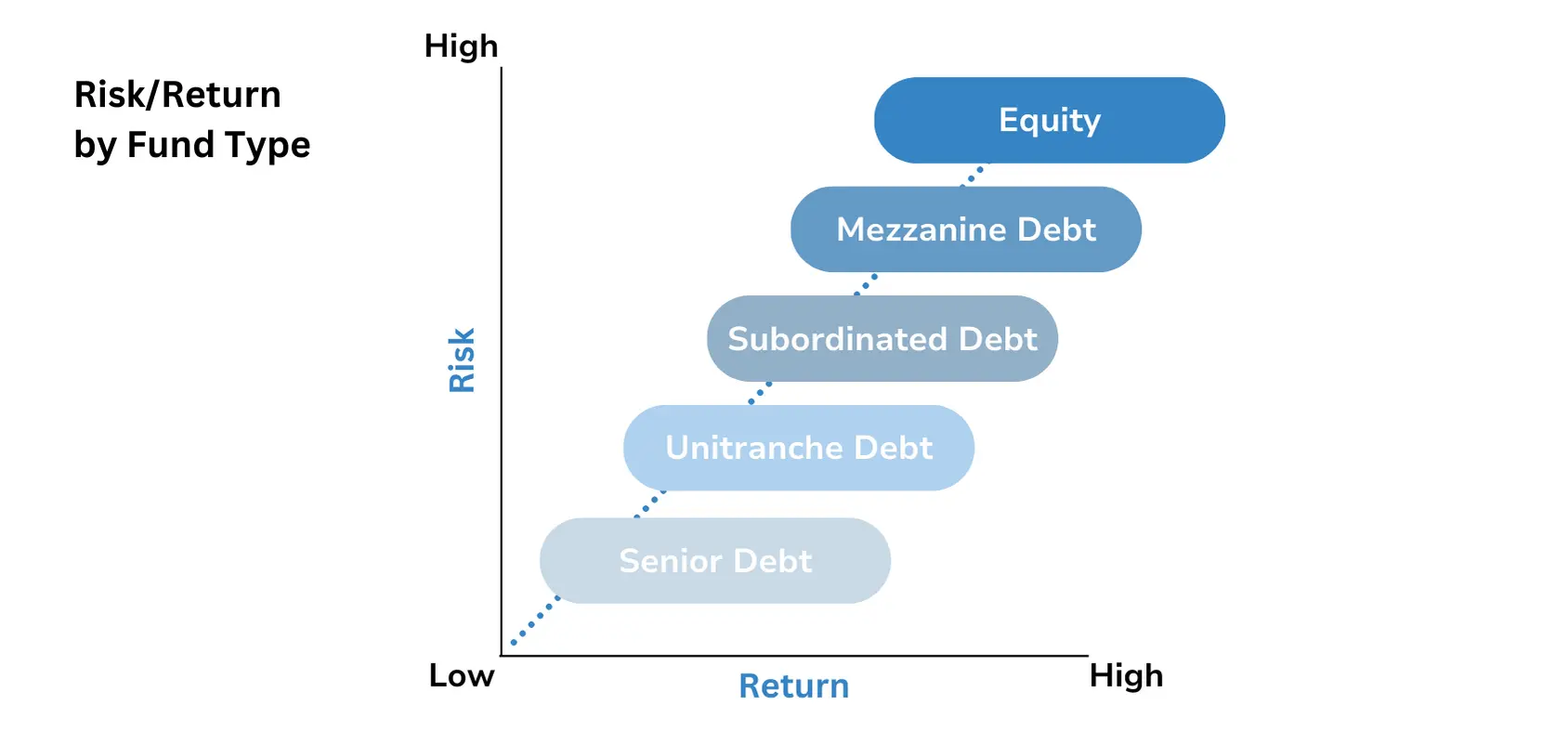Rethinking Siri: Apple's LLM Approach And Its Implications

Table of Contents
Apple's Cautious Approach to LLMs
Apple's history is deeply rooted in prioritizing user privacy and data security. This commitment has profoundly influenced its development of Siri's LLM capabilities. This cautious strategy starkly contrasts with the more open approach adopted by competitors like Google and Microsoft, who often prioritize speed of development and feature rollout over strict data control.
-
Focus on on-device processing: Apple prioritizes keeping data processing local to the user's device, minimizing the amount of personal information sent to Apple's servers. This reduces the risk of data breaches and upholds its commitment to user privacy. This approach, however, comes with challenges in terms of processing power and computational limitations.
-
Gradual integration of LLM capabilities: Instead of a sudden, massive overhaul, Apple is taking a measured approach to integrating LLM capabilities into Siri. This gradual rollout ensures stability and reliability, minimizing potential issues and negative user experiences.
-
Prioritizing accuracy and reducing hallucinations: Apple seems more focused on delivering accurate and reliable responses from Siri, even if it means sacrificing some speed. This contrasts with some competitors whose LLMs sometimes produce inaccurate or nonsensical "hallucinations." This reflects Apple's commitment to quality over raw processing power.
Siri's Current LLM Capabilities and Limitations
Siri's current functionality leverages LLMs to varying degrees. While it excels at handling simple tasks like setting reminders, making calls, and playing music, its capabilities fall short compared to competitors when dealing with more complex requests.
-
Improved natural language understanding: Recent updates have seen improvements in Siri's ability to understand nuanced language and contextual cues. This allows for more natural and intuitive interactions.
-
Limitations in handling complex queries: Siri still struggles with complex, multi-step instructions or queries requiring deep reasoning or knowledge synthesis. This is a key area where competitors often outperform Apple's AI assistant.
-
Lack of advanced features: Siri lacks some advanced features found in competitors' offerings, such as robust generative text capabilities, sophisticated code generation, or the ability to engage in extended, context-aware conversations. These features are becoming increasingly important differentiators in the AI assistant market.
The Future of Siri: Predictions and Speculation
Predicting the future of Siri is inherently speculative, but based on Apple's current strategy and industry trends, several potential developments are likely:
-
Increased focus on personalized experiences: Expect to see Siri become more personalized, leveraging LLMs to learn user preferences and proactively offer relevant assistance. This could manifest in tailored recommendations, customized reminders, and adaptive responses.
-
More sophisticated conversational abilities: Future versions of Siri will likely feature more natural and fluid conversational abilities. This could involve improved contextual awareness, allowing Siri to maintain context across multiple interactions and better understand the user's intent.
-
Deeper integration with Apple's ecosystem: We can anticipate tighter integration between Siri and other Apple services such as iMessage, FaceTime, and even Apple's hardware. This enhanced interoperability will unlock new possibilities and create a more seamless user experience across the Apple ecosystem. The role of Apple silicon, particularly the Neural Engine, will be crucial in driving these improvements, allowing for efficient on-device processing of complex LLM tasks.
Competitive Landscape and Market Implications
The AI assistant market is fiercely competitive, with Google Assistant, Amazon Alexa, and Microsoft Cortana representing major players. Apple's LLM strategy has significant implications for its market share and competitive standing.
-
Siri's strengths and weaknesses: Siri's strength lies in its tight integration with the Apple ecosystem and its strong focus on privacy. However, its limitations in handling complex tasks and its lack of certain advanced features put it at a disadvantage against some competitors.
-
Implications of Apple's privacy-focused approach: Apple's privacy-centric approach, while advantageous in terms of user trust, presents challenges in terms of data collection and model training, potentially hindering the development of more advanced LLM capabilities compared to competitors with less restrictive data policies.
-
Potential disruptive innovations: The voice assistant landscape is constantly evolving. New technologies and innovations, such as multimodal AI (combining voice, vision, and other modalities), could significantly reshape the competitive landscape.
Conclusion
Apple's measured approach to integrating Large Language Models into Siri reflects its unwavering commitment to user privacy and a superior user experience. While Siri currently lags behind competitors in certain advanced features, Apple's strategic, incremental improvements suggest a promising future where enhanced LLM capabilities will seamlessly integrate within Apple's ecosystem. The company’s focus on on-device processing and unparalleled accuracy holds significant potential for reshaping the future of AI assistants. By continuing to refine its LLM strategy, Apple can not only improve Siri but potentially reclaim its leading position in the voice assistant market. Rethinking Siri, and its underlying LLM architecture, is vital for Apple's continued success in the rapidly evolving AI landscape.

Featured Posts
-
 Old North State Report May 9 2025 News And Analysis
May 21, 2025
Old North State Report May 9 2025 News And Analysis
May 21, 2025 -
 Alles Over Tikkie De Ultieme Gids Voor Het Nederlandse Betalingssysteem
May 21, 2025
Alles Over Tikkie De Ultieme Gids Voor Het Nederlandse Betalingssysteem
May 21, 2025 -
 Bof As Take On Elevated Stock Market Valuations A Guide For Investors
May 21, 2025
Bof As Take On Elevated Stock Market Valuations A Guide For Investors
May 21, 2025 -
 Why Buy This Ai Quantum Computing Stock Now
May 21, 2025
Why Buy This Ai Quantum Computing Stock Now
May 21, 2025 -
 5 Key Actions To Secure A Role In The Booming Private Credit Industry
May 21, 2025
5 Key Actions To Secure A Role In The Booming Private Credit Industry
May 21, 2025
